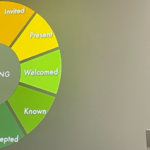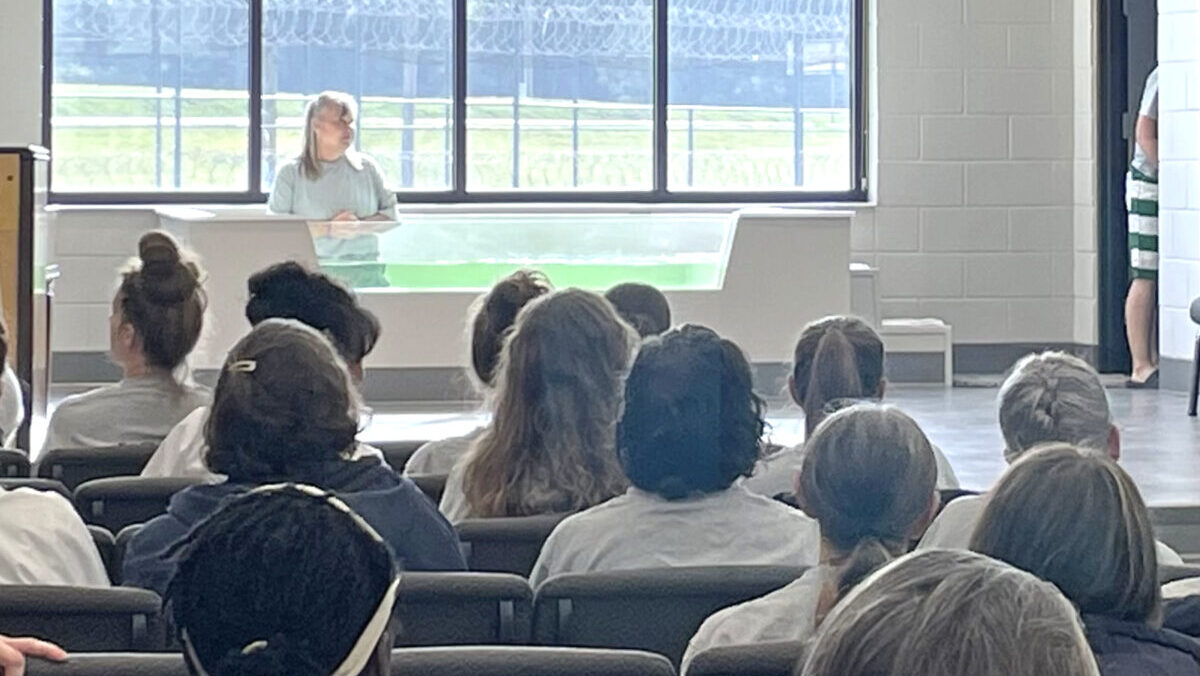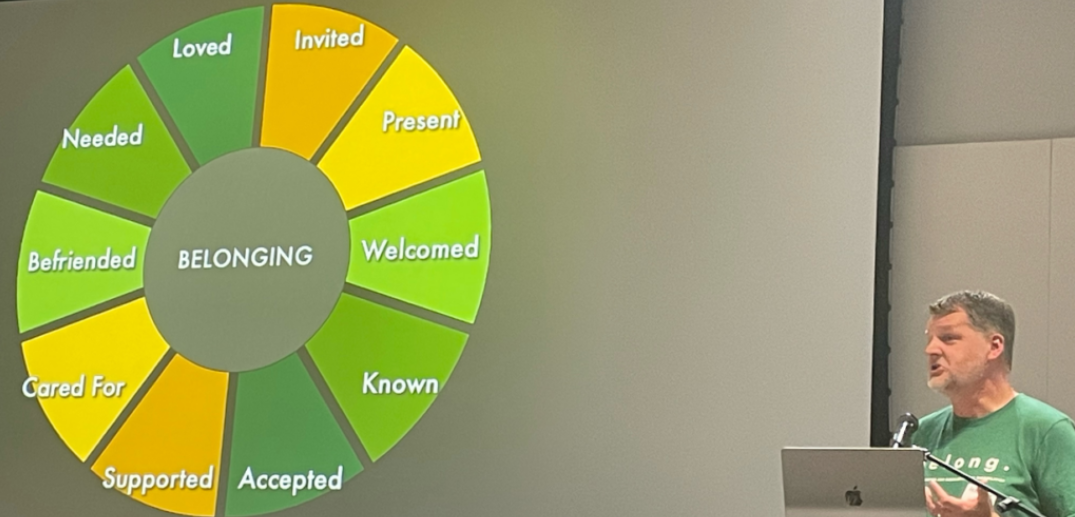Movies are a powerful media. Christians have used them to communicate our message with mixed results over the years. Poor production quality, amateurish acting and one-dimensional storytelling have often undermined these efforts. But, thankfully, that has been changing with recent productions.
A new movie, “The Blind,” has recently been released to a limited engagement in public theaters. Even though it is a quality production, it seems unlikely it will attract large enough audiences to assure it remains in theaters very long. But, having seen the movie, it strikes me as a tool that churches and other ministries can use over the next few years to reach men with the gospel.
“The Blind” tells the story of Phil Robertson, the founder of Duck Commander and patriarch on the reality show, “Duck Dynasty.” True confession, I do not think I have ever seen a full episode of “Duck Dynasty” — but the cultural permeation of that show for about a decade meant almost everyone knew something about the Robertson family. Their Christian faith, homespun authenticity and political incorrectness endeared them to many people. Now they are sharing Phil Robertson’s backstory — a gripping tale of self-destruction and gospel-redemption.
RELATED: To read more related articles, click here.
The movie tells a real story — without trying to soften Robertson’s behavior or preserve his image. Perhaps it seemed so real to me because it was the story of my upbringing — three children, a long-suffering mother, an irresponsible alcoholic father — only in my case, minus the gospel-ending and the multi-million dollar Duck Dynasty! Robertson was a violent drunkard who abused himself and his family. His sister and a pastor cared for him, shared the gospel with him, and were instrumental in his conversion. The movie does a good job communicating the devastation of Robertson’s choices — personally and to his family over about a decade. It also does a good job showing how he received the gospel and turned his life around. The ending — featuring Phil Robertson personally summarizing the gospel is pure “Duck Dynasty” gold!
Creative ways to use this movie – particularly with men’s outreach programs — must be discovered and used. For example, one strategy could be inviting men to a meal and movie — perhaps with outdoor themed door prizes. Based on how the movie ends, inviting men to follow Jesus — following Robertson’s example — will be a natural and appropriate response. The movie can also be used at men’s retreats, conferences, and other gatherings. Women and children can also draw hope from the story — particularly those who are struggling with a husband/father who is behaving in destructive ways and needs the gospel.
The Blind is a positive step in the right direction for Christian movies. More than that, it’s an encouraging example of the transformative power of the gospel.
To read more articles from, or about, Jeff Iorg, click here.
EDITOR’S NOTE — This story was written by Jeff Iorg and originally published by the Gateway.
First Person: What the decline of religiosity really reveals
A recent article I read said “religion in the lives of Americans is on the decline.” That’s news?
Anyone paying even slight attention to churches, religious institutions and religious expressions in public life knows this is true. The decline in religious affiliation among Americans is real — and many Christians are determined to do something about it.
But the problem of declining religiosity is compounded by the solutions some pursue. The most prevalent is doubling down on electing the right candidates who will ensure protection for Christian values and perhaps even mandate Christian convictions. That’s a last-gasp strategy for a dying movement.
Seeking authenticity
If this is our best answer, we are saying the gospel lacks the power to transform people and the church lacks the capacity to sway culture.
Another possible solution is adjusting doctrinal foundations or lessening the ethical demands of being a Christian, including being a church member. This presupposes the problem is an out-of-touch message, bad marketing or poor public relations — by putting on a better face, we will attract more people to our movement.
While this may produce a short-term surge in interest, it attempts to build on a compromised foundation. Eventually it will collapse as surely as political solutions.
What is the answer to declining religious engagement by Americans? Share an authentic gospel and build genuine Christian churches!
True Christianity that exalts Jesus, calls people to humbly serve others in His name, eschews secular power, emphasizes love, practices justice and makes a tangible difference in communities is eternally appealing. Participation by Christians like this in churches like these is not declining.
This was shown by another interesting fact in the national survey about the decline of religious engagement: Christians are very positive about the future of their particular church.
While they may see other churches and religion declining, they feel positive about their own congregation, despite what national trends indicate.
For many, the church is an island of sanity in the midst of so much cultural chaos. In their church they find transparent people trying to live out their faith in community. Their leaders are not social media stars, but humble pastors who serve them and help them serve God. Their fellow believers are encouraging companions, not critical detractors.
Real Christianity
This supports my overall thesis: real Christianity is not going out of style.
Surveys showing the decline of religiosity really reveal Americans are rejecting cultural Christianity — not the real thing. They have had enough form without substance. They see through the charade and hypocrisy of human-generated religious institutions. They are looking for authentic Christianity — and when they find it they are more than willing to commit themselves to being Christians and participating in a healthy church.
Our task as Christians in America today is to share the gospel, live the gospel and depend on the gospel to change people, create churches and transform culture in healthy ways.
Let’s stop whining about the loss of cultural Christianity and live the real thing in counter-cultural ways. Nothing is more needed — or more attractive — to people looking for something to fill the God-sized vacuum in their hearts.
EDITOR’S NOTE — This story was written by Jeff Iorg, Gateway Seminary president, and originally published by the Gateway.








